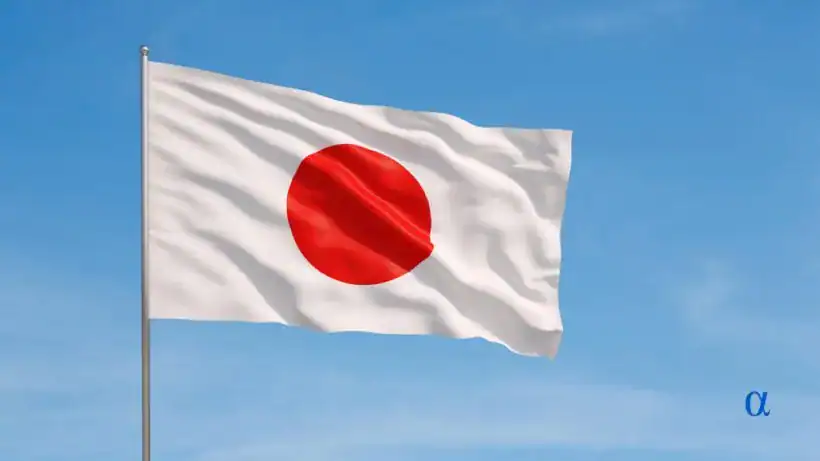Comments provided by Naomi Fink, Chief Global Strategist at Amova Asset Management, regarding Prime Minister Ishiba expressing his intent to resign.
Although the prospect of a change in leadership of the LDP (and thus Japan PM) may be seen by overseas investors as a source of heightened uncertainty, it is worth remembering that Japan's executive branch is not as powerful a factor in immediate policy shifts as it may be in the US. The policies of the current administration under PM Ishiba are very similar to those of the previous Kishida administration, and this is no accident.
And in the past, although Japan's slow-moving policy had been seen as reinforcing its deflationary norm, the policy mix is no longer deflationary, and may reinforce above-potential growth, so long as inflation is kept in check. Luckily, inflation is the BOJ's bailiwick, and central bank autonomy makes it more likely that the BOJ will not need any political instigator to continue hiking rates, albeit at a gradual pace.
Markets may react short-term to the temporary uncertainty of lame-duck leadership, but this may resolve once a new leader is chosen. Meanwhile, the LDP's position as a minority leading party is unlikely to change anytime soon, and as such compromise will be the name of the policy-making game. Opposition parties meanwhile are far from united on their policy demands, although a bias toward fiscal easing may be one consistency. Here, given Japan has successfully made progress toward fiscal responsibility (finding itself a lot closer to its goal of primary balance as inflation has risen), so long as these medium-term goals are not abandoned, its newly reflationary dynamics may allow a limited degree of fiscal stimulus without undermining the bond market. Correspondingly, fiscal policy may need to be market-aware as not to greatly disrupt the longer end of the bond market, which is engaging in price discovery after the BOJ has exited yield curve control and has embarked upon balance sheet reduction.


